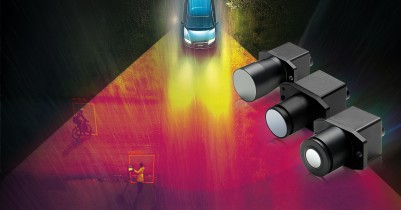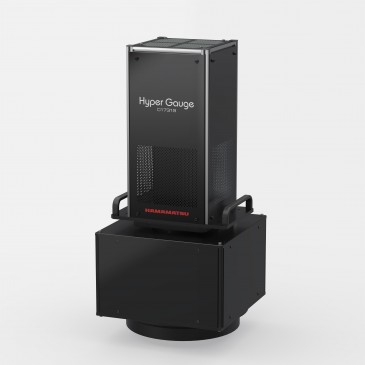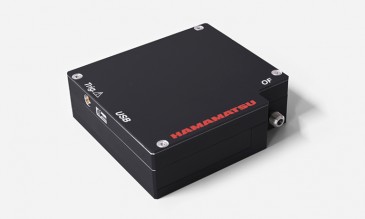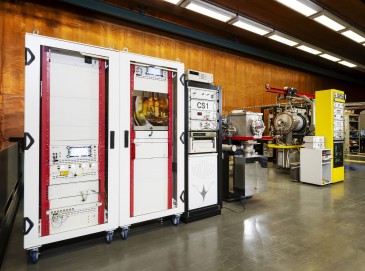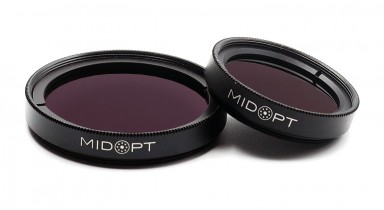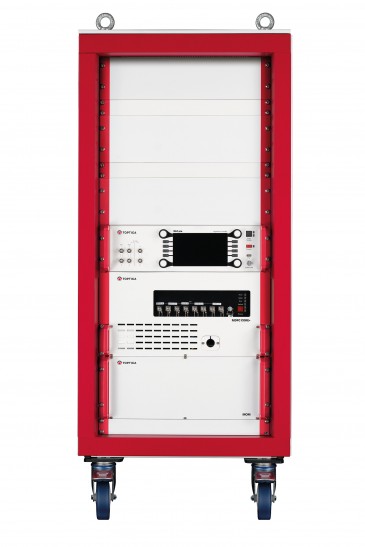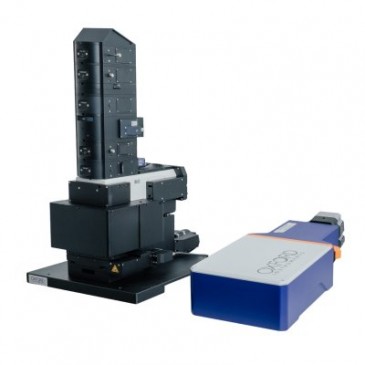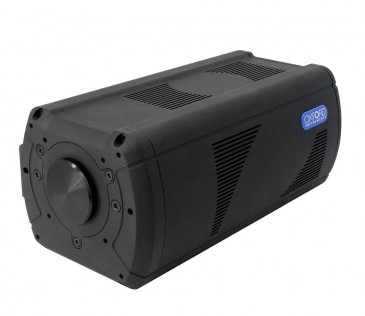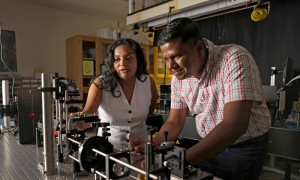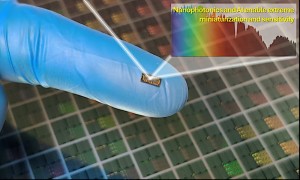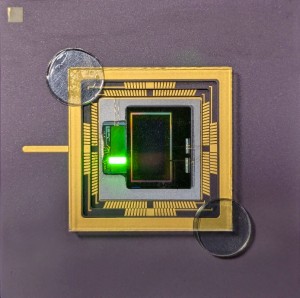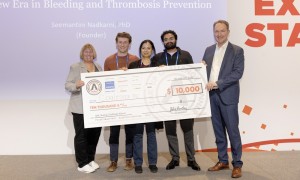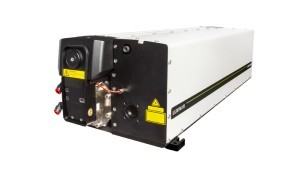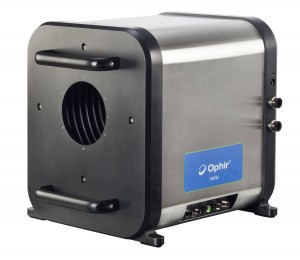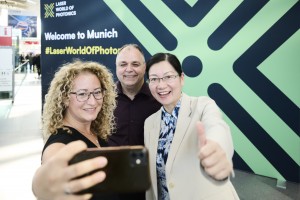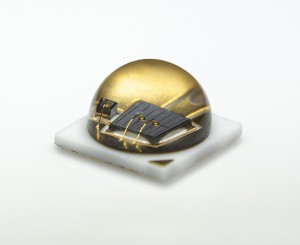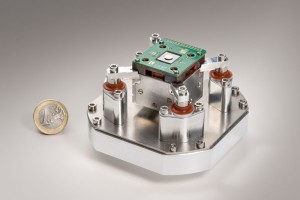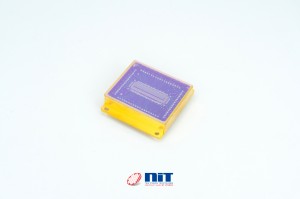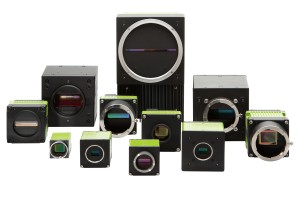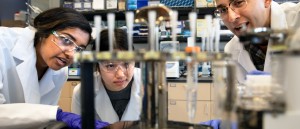
Researchers from the University of Michigan developed an artificial intelligence system that enables robots to conduct autonomous scientific experiments that can escalate the pace of discovery in areas from medicine to agriculture to environmental science.
The artificial intelligence platform, dubbed BacterAI, mapped the metabolism of two microbes associated with oral health. Bacteria consume some combination of the 20 amino acids needed to support life, but each species requires specific nutrients to grow. The Michigan team studied which amino acids are needed by the beneficial microbes in our mouths so they can promote their growth.
"We know almost nothing about most of the bacteria that influence our health. Understanding how bacteria grow is the first step toward reengineering our microbiome," said Paul Jensen, U-M assistant professor of biomedical engineering who was at the University of Illinois when the project started.
The 20 amino acids yield more than a million possible combinations, so figuring out which amino acids bacteria like is not a simple task. BacterAI, developed by the researchers, was able to discover the amino acid requirements for the growth of both Streptococcus gordonii and Streptococcus sanguinis.
To find the right formula for each species, BacterAI tested hundreds of combinations of amino acids per day, honing its focus and changing combinations each morning based on the previous day's results. It was producing accurate predictions 90% of the time within nine days.
BacterAI creates its own data set through a series of experiments, as opposed to conventional approaches that feed labeled data sets into a machine-learning model. By analyzing the results of previous trials, it comes up with predictions of what new experiments might give it the most information. As a result, it figured out most of the rules for feeding bacteria with fewer than 4,000 experiments.
"When a child learns to walk, they don’t just watch adults walk and then say 'Ok, I got it,' stand up, and start walking. They fumble around and do some trial and error first," Jensen said.
"We wanted our AI agent to take steps and fall down, to come up with its own ideas and make mistakes. Every day, it gets a little better, a little smarter."
By automating the experiments, the discoveries can be accelerated, which is a great benefit to this field of study as very little research has been conducted on roughly 90% of bacteria, and the amount of time and resources needed to learn even basic scientific information about them using conventional methods is daunting. As a result of automation, the team ran up to 10,000 experiments in a single day.
But the applications go beyond microbiology. Researchers in any field can set up questions as puzzles for AI to solve through this kind of trial and error.
"With the recent explosion of mainstream AI over the last several months, many people are uncertain about what it will bring in the future, both positive and negative," said Adam Dama, a former engineer in the Jensen Lab and lead author of the study. "But to me, it's very clear that focused applications of AI like our project will accelerate everyday research."
The research was funded by the National Institutes of Health with support from NVIDIA.
Study: BacterAI maps microbial metabolism without prior knowledge

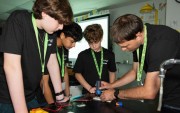


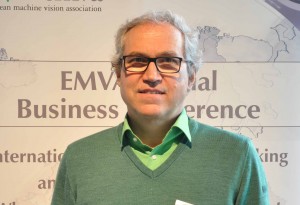
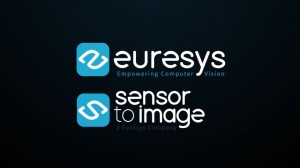
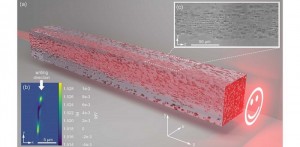
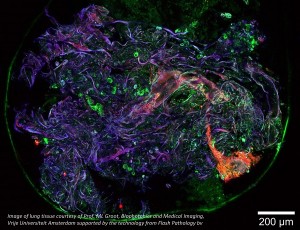

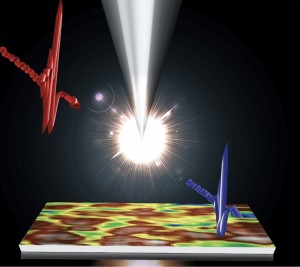
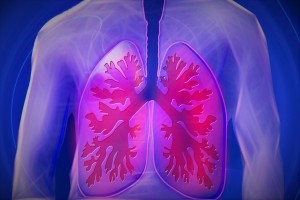
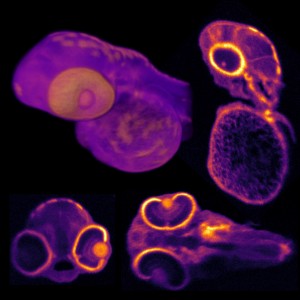
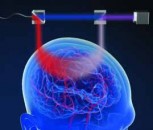
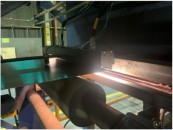

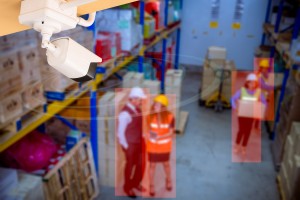


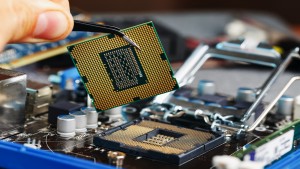

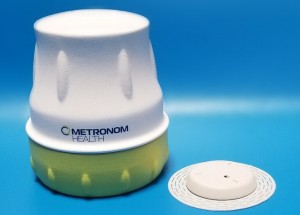
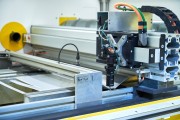

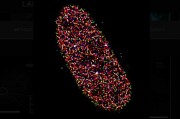
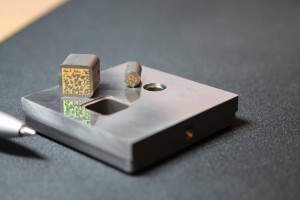
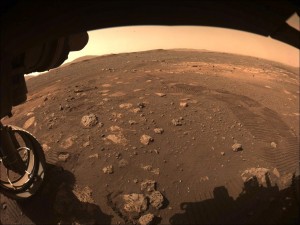
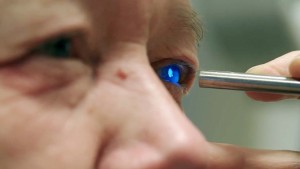
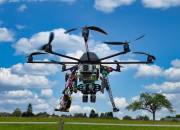
 Back to News
Back to News
